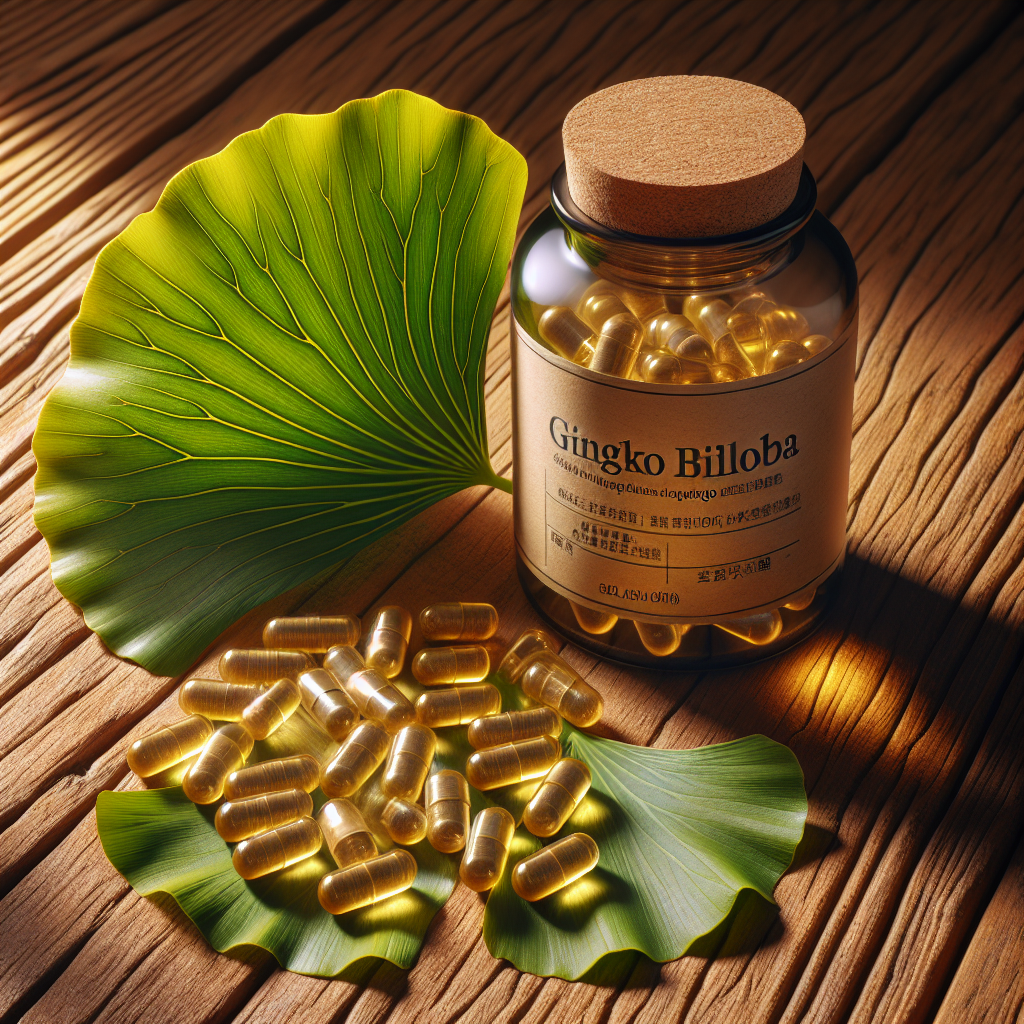Health Benefits of Walnuts and Pistachios
In recent years, health-conscious individuals have increasingly turned to nuts as a source of essential nutrients. Among the plethora of nut varieties, walnuts and pistachios stand out not only for their flavor but also for their extensive health benefits. This blog post will explore the multiple benefits these nuts offer, supported by scientific research and nutritional data.
Nutritional Profiles
Both walnuts and pistachios are highly nutritious, boasting an array of vitamins, minerals, and healthy fats, crucial for overall health.
Walnuts
- Calories: Approximately 654 per 100 grams
- Healthy Fats: ~65% fat (mostly polyunsaturated)
- Vitamins: Rich in Vitamin E and B vitamins
- Minerals: High in magnesium, phosphorus, copper, and manganese
Pistachios
- Calories: Approximately 560 per 100 grams
- Healthy Fats: ~45% fat (mostly monounsaturated)
- Vitamins: Rich in Vitamin B6 and thiamine
- Minerals: Good source of phosphorus, potassium, and calcium
Health Benefits
Below, we delve into the myriad of health benefits provided by walnuts and pistachios, aggregating evidence from various studies.
1. Heart Health
Both walnuts and pistachios play a crucial role in promoting cardiovascular health:
- Walnuts: High in omega-3 fatty acids, walnuts help lower cholesterol levels and reduce inflammation
- Pistachios: May help lower blood pressure and improve lipid profiles, reducing the risk of heart attacks
2. Weight Management
Interestingly, including walnuts and pistachios in a balanced diet may aid in weight management:
- Satiety: Nuts are high in protein and fiber, which can increase feelings of fullness
- Controlled Intake: Eating nuts in moderation can contribute positively to weight management
3. Antioxidant Properties
Both types of nuts are rich in antioxidants:
- Walnuts: Particularly high in polyphenols and Vitamin E, walnuts combat oxidative stress
- Pistachios: Contain carotenoids, including lutein and zeaxanthin, beneficial for eye health
4. Diabetes Management
Research indicates that nuts can be beneficial for blood sugar management:
- Blood Sugar Levels: Regular consumption of walnuts and pistachios has been shown to help regulate glucose levels
- Insulin Sensitivity: May improve insulin sensitivity amongst individuals with type 2 diabetes
Incorporating Walnuts and Pistachios into Your Diet
Incorporating these nutrient-rich nuts into your daily diet can be simple and enjoyable. Consider the following suggestions:
- Add chopped walnuts or pistachios to salads for added crunch.
- Include them in smoothies for a health boost.
- Use walnuts in baking for enhanced flavor and nutrition.
- Enjoy pistachios as a snack on their own or mixed with dried fruits.
Conclusion
In summary, walnuts and pistachios are not only delicious but also packed with numerous health benefits. From enhancing heart health to aiding in weight management and providing essential nutrients, these nuts should be a staple in a balanced diet. Consuming a variety of nuts, including walnuts and pistachios, can significantly improve overall health and well-being.
There you have it… See what works for you…
Campbell M Gold
To Create Health, Wealth, Success, and Longevity through the Power of Your Subconscious Mind, Visit: Campbell M Gold.com
Visit The Store and see what else can be of help








